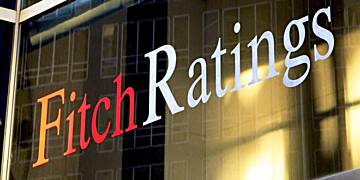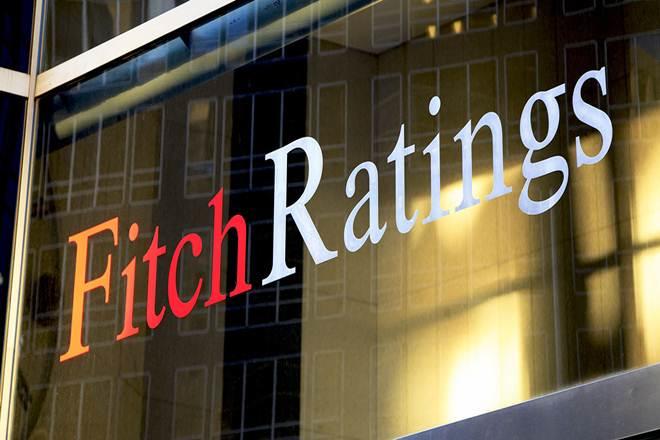According to the latest Fitch report, Ghana has recorded a substantial reduction in its debt service obligations and fiscal relief after it recently carried out several domestic debt exchanges.
This was part of a deliberate attempt to address the country’s fiscal issues and lower its increasing debt burden with the core driver behind this positive development being the completion of a domestic debt exchange program.
This program is said to have achieved a participation rate of 92% on local-currency government bonds, and a similar level of participation has been observed for Cocobills and locally issued foreign-currency bonds.
The participation of local-currency creditors, including domestic individual bondholders, has helped normalize relations between Ghana and a significant portion of its debt holders. This achievement is a testament to the government’s dedication to addressing its financial challenges.
The debt service reduction resulting from these domestic debt exchanges is nothing short of remarkable.
“In 2023, Ghana is set to benefit from a reduction in debt service payments totaling GHS52 billion. This translates to 6% of the estimated GDP for 2023 or 39% of the expected revenue and grants for the same year. To put this into perspective, it’s worth noting that in 2022, debt service represented an overwhelming 117% of revenue, underscoring the gravity of Ghana’s debt service obligations,” the report indicated.
Of the total debt service reduction, it is estimated that the interest payments will see a notable decrease in 2023, amounting to 1.8% of GDP or 12% of revenue and grants. This not only alleviates the immediate financial strain but also contributes to the broader fiscal health of the nation.
Moreover, in addition to the domestic debt exchanges, another significant reduction in debt service obligations has been facilitated through a domestic US dollar-denominated debt exchange.
This move is expected to contribute an additional GHS5 billion to the debt service reduction in 2023, equating to 0.6% of GDP and 4% of revenue and grants. Furthermore, a 50% principal haircut has been agreed upon with the Bank of Ghana regarding its holdings of GHS71 billion in local currency nonmarketable debt. This substantial reduction in interest payments has effectively lowered the debt service burden to 38% of revenue and grants in 2023, down from 47% in 2022.
While the near-term likelihood of another round of local-currency debt exchange is low, the lasting effects of these exchanges are expected to contribute to the country’s economic stability and fiscal health.




















